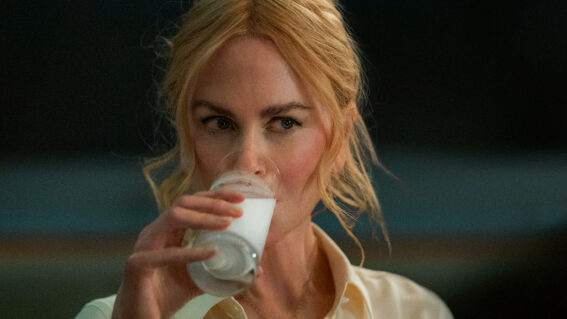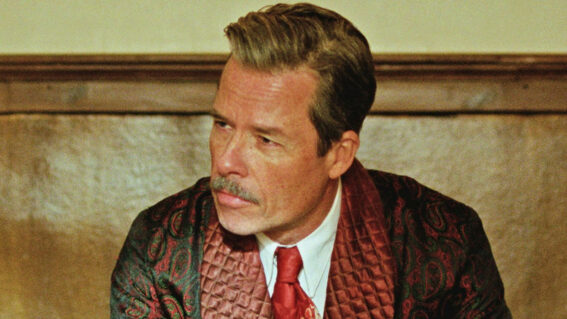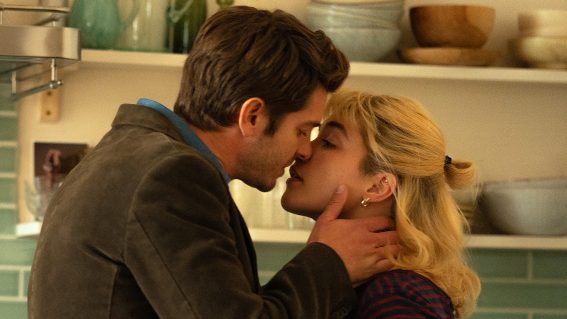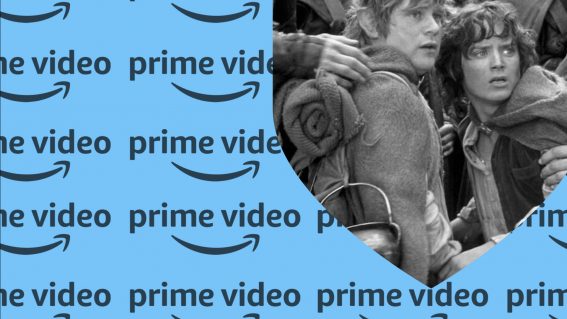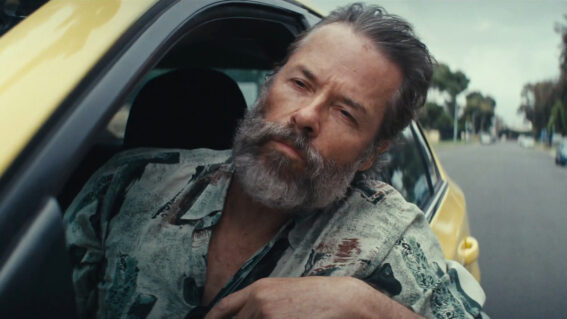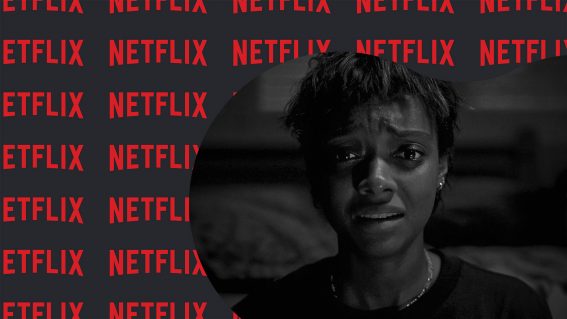The grim, the generic and the goofy: what’s the best kind of Marvel movie?
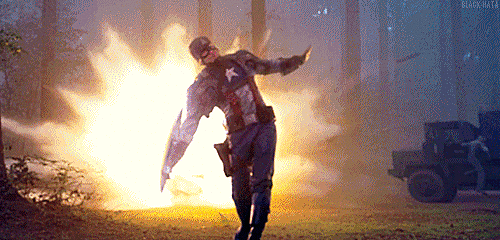
Every MCU movie falls into one of three categories: the grim, the generic and the goofy. But which is the best? Critic Sarah Ward explores each category in the lead-up to Avengers: Endgame.
A lot can happen in 11 years and 21 films. Since Iron Man first took a jetsuit-propelled flight across cinema screens back in 2008, the Marvel Cinematic Universe has given eight other characters and two superhero teams their own movies, taken its epic action everywhere from Earth to the far reaches of the galaxy to other dimensions, and introduced the world to vibrant African worlds and cats that aren’t really cats.
Along the way, the MCU has also serialised its cinema output – making going to the movies to see a new superhero-powered film every few months the same as tuning in to your favourite show each week, complete with ongoing storylines, interconnected plots and ever-expanding worlds. And like anyone working with an episodic form, Marvel has also come up with a template, with three different modes for its films.
The world is under attack, everything looks bleak and even serious-looking caped crusaders are struggling with the potential fallout? Welcome to the MCU: grim edition. A new hero emerges, and so it’s time to learn their backstory – or a familiar face returns to confront familiar challenges? That’s MCU: generic. Marvel revels in the fact that super-enhanced, spandex-wearing figures are more than a little bit ridiculous? Feast your eyes on MCU: goofy.
From the best-forgotten The Incredible Hulk to this year’s Captain Marvel, every MCU entry falls into one of these three categories. But which is the best? We run through each in the lead-up to the Marvel biggest movie yet: Avengers: Endgame.
The Grim
The expression of solemnity that’s permanently plastered across Captain America’s (Chris Evans) face, whether he’s signing up for an experimental treatment, hunting down his former best friend or pondering the decimation of half of the population? That’s Marvel’s grim mode in a nutshell. Steve Rogers is its poster boy, and he gives good serious face. He always has a reason to look worried about the fate of the world, and the films he’s in borrow his mood.
MCU’s grim movies have given the franchise some of its more ambitious entries – the ‘70s-style conspiracy thrills of Captain America: The Winter Soldier, plus the psychological thrills and face-offs of Captain America: Civil War. The directors of both, the Russo brothers, have cited Three Days of the Condor, Seven, Fargo and The Godfather as influences, and the evidence is right there in the two sequels’ respective tones.

But all those weighty woes can result in a feeling of weariness and relentlessness — a certainty that these current troubles will just lead to more, and then more still, which the MCU clearly relies upon. It also lays bare the dramatic formula behind the franchise, aka the need to keep upping the stakes to justify continuing on and on. As involving as Avengers: Infinity War is, and as jolting as its final snap proves, it also feels like Marvel is simply moving its obvious pieces into place, painting a grave picture, and keeping viewers wanting more as it prepares to enter its next phase. That’s the business reality, and sometimes grim Marvel movies can feel all-too business-driven, even when they’re still entertaining.
The generic
When it comes to rolling out its familiar formula, the MCU has always had a handy trick up its sleeve: change the character at the centre of the film and it instantly feels different. Mostly, it works – The Incredible Hulk provided an early example of a generic entry that remained just that, and Captain Marvel couldn’t break the mould despite having ample material to work with. But Marvel often gets the balance right.
The longer that the MCU continues, and the more sequels that pop up, the more that the generic bones of the franchise are exposed, however. It’s in films such as Iron Man 2 and 3, Avengers: Age of Ultron, Guardians of the Galaxy Vol. 2 and Ant-Man and the Wasp that the series’ cookie-cutter, rinse-and-repeat underpinnings begin to wear thin. It’s no coincidence that all of these flicks are direct follow-ups to existing movies, or that they largely forge on by endeavouring to repeat their predecessors’ successes.

The plight of a sequel is a difficult one. Copy exactly what came before, changing the bare minimum, and it shows. Deviate drastically from a winning setup, and it could prove alienating. Fans want something in the middle – welcoming yet fresh – and it’s a complex feat to pull off. But when Marvel just slaps a new coat of paint over existing framework, it doesn’t escape notice. And while generic MCU movies can still offer highlights, they can also feel like they’re treading water until the next big showdown.
The Goofy
When it’s not trying to convince the world that superheroes should be serious or happily serving up the same thing, Marvel gets silly. All three categories have their pros and cons, but relishing the goofiness of the MCU’s characters and scenarios really does deliver the greatest rewards. No matter how devoted you are to these super-powered figures, they all come straight from the realm of fantasy – and saving the world by wielding a hammer, riding on the back of beetles, and palling around with a talking raccoon and an adorable tree are all gleefully fanciful notions.
Playful instalments work for the same reason that Captain America’s grim mood works. When the initial Ant-Man movie allows kids toys to form its best set piece, and when Spider-Man: Homecoming channels the thrill of being a teenager who can sling webs and swoop through the air, they capture the spirit and personality of their characters.
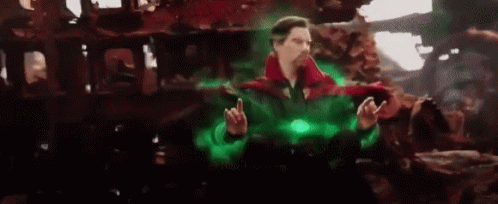
And, they have fun while they’re doing so – which, even when the world is in peril yet again, goes a long way. Some goofy MCU flicks take their time to find their footing, like Doctor Strange. Some character-based film series do as well, as seen across the first two Thor movies. But when Marvel leans into its silliness and humour, as gold-standard entry Thor: Ragnarok did so winningly with its space opera antics, the result is a delight of a superhero film.


